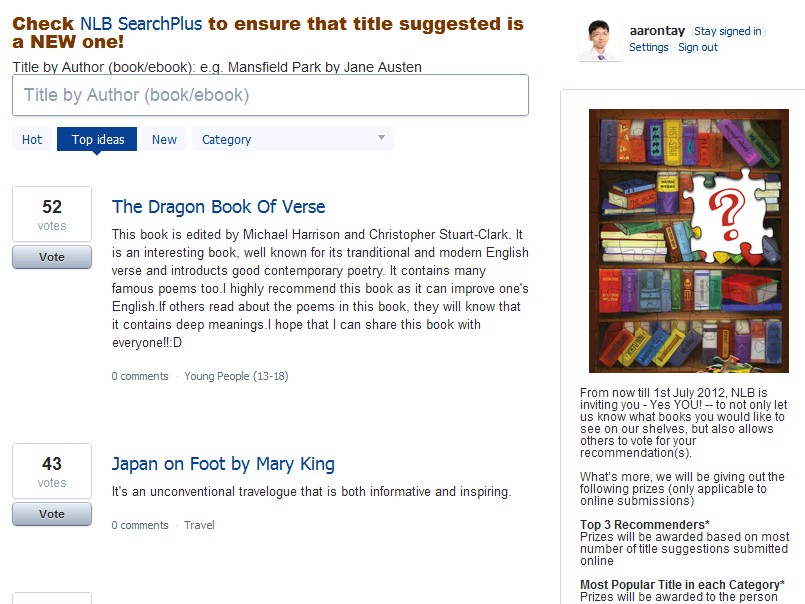“Libraries are metadata specialists and many librarians are metadata search specialists. Our training for users too often tries to turn them into mini-librarians too, as though being a specialist at finding things in the library is or should be a crowning achievement in life. So I really do think libraries are NOT experts at search. In fact, compared to Google I think we pretty much suck at it. I also think most librarians are specialists rather than experts at search. But what I don’t understand is why this seems to be such a challenge to librarians.”
http://carolbycomputerlight.wordpress.com/2012/07/05/the-difference-between-an-expert-and-a-specialist/
This has shades of “Reference is dead” posts (here , here , here, here etc) and “Libraries need to give up the notion that question answering is a core service of the library“
“Libraries are metadata specialists and many librarians are metadata search specialists. Our training for users too often tries to turn them into mini-librarians too, as though being a specialist at finding things in the library is or should be a crowning achievement in life. So I really do think libraries are NOT experts at search. In fact, compared to Google I think we pretty much suck at it. I also think most librarians are specialists rather than experts at search. But what I don’t understand is why this seems to be such a challenge to librarians.”
http://carolbycomputerlight.wordpress.com/2012/07/05/the-difference-between-an-expert-and-a-specialist/
This has shades of “Reference is dead” posts (here , here , here, here etc) and “Libraries need to give up the notion that question answering is a core service of the library“
The blogger argues basically because libraries in general purchase off the shelf packages from vendors, and libraries don’t do much user behavior research anyway, libraries suck at search.
I agree, in general our search systems even the most state of art libraries systems such as Web Scale Discovery tools, or even Primo’s ScholarRank (that take into account user characteristics) is probably less advanced compared to what Google is doing (leaving aside the fact that Google probably doesn’t customize for Academic use except for Google Scholar).
I am not sure though if I agree ” I also think most librarians are specialists rather than experts at search “.
If by expert you mean most librarians don’t know how to construct a search engine from ground up that will give good relevant researches? Okay, but then again outside of people in silicon valley probably few people are experts in this sense.
But I think it is fair to say most decent librarians are much better at finding information that the typical library user, and I don’t mean just finding academic type information or information that resides in the library only. Many spend hours every day answering all type of questions and inevitably build up skills that most people can’t match.
Towards the end the blogger talks about getting over our “obsession to be seen as search experts” and try to “go where they are” such as Google, Facebook or YouTube.
I think any good reference librarian worth the title knows how to use Google, Twitter search, Youtube or any other tool when appropriate to find the information needed and not just rely on library systems. Librarians are people too and we use whatever is most convenient.
Yes, Users shouldn’t become mini-librarians to get what they need and we should build systems that avoid the necessity, but what if currently such tools don’t exist?
Or are librarians using this as an excuse to teach advanced search techniques like Boolean Operators, use of thesauri, controlled vocabulary because we enjoy doing things in convoluted ways?
In case you wondering that was a serious question.
Aaron

Recent Comments